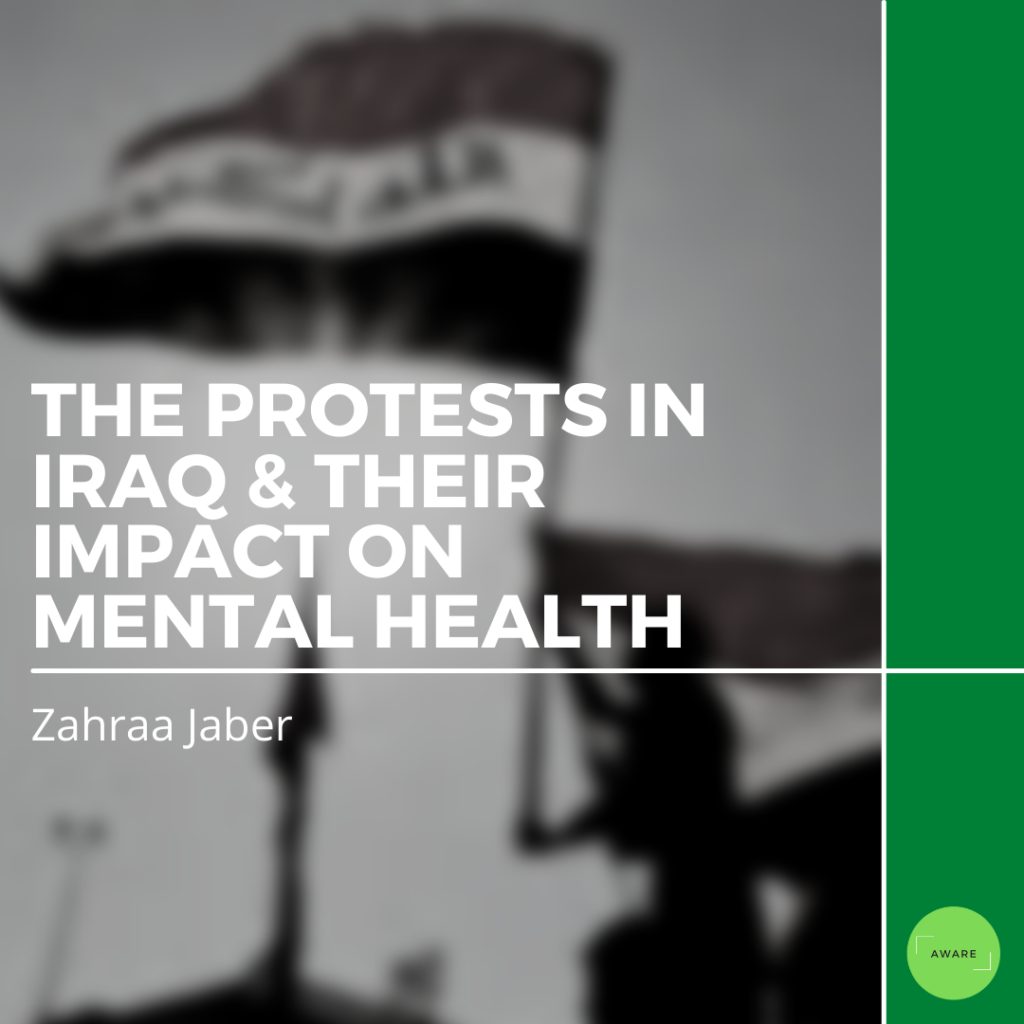Mental health disorders and emotional distress are as debilitating and agonizing as physical health problems. According to the World Health Organization, mental health disorders are the fourth leading cause of ill health in Iraqis over the age of 5 years. There is little doubt that years of political and social repression punctuated by wars and followed by a post-war period characterized by interrupted and insufficient basic services have taken their toll on the Iraqi people.
Mental Health Needs in Iraq
Only a few people in Iraq have remained untouched by the trauma associated with years of unrest and instability.
“I almost had a nervous breakdown. I hit everything that I see in my way. I get angry and hit things. I am worried that my children will get sick. I witnessed an explosion four years ago and I still have shrapnel in my head from the incident. Six years ago, I was imprisoned in Abu Ghraib for a year and a half. I became an angry person. I would get irritated so easily and always felt miserable. After the first session of counseling, I felt that I had been helped. The problem is that I am always worried about the cost of living since I do not have enough money, and I am always afraid and worried that something bad could happen to my family,” says a 47-year-old Iraqi male, married with 10 children, during his first therapy session.
The Stigma
A unique positive to take from the situation is that the stigma surrounding mental illness in Iraq appears greatly diminished. Noutsou from MSF believes that it is partly the scale of the trauma that Iraqis have been subjected to over the past two years, since IS entered the country in January 2014, that has broken the seal of shame. “We have been through wars. We know war,” she recalled patients telling her. “This is unprecedented. We have never experienced this before.” Hussein Shaati, a psychologist at Abu Ghraib, told IRIN that mass displacement – currently hovering at around three million – also played a role, in that a lack of local and/or family support systems meant many were now forced to overcome any stigma they might previously have felt. “They were supported,” he said. “After trauma [and displacement], they have to go and seek help.”
What Mental Health Services Are Available in Iraq Today?
As with many countries with underdeveloped mental health systems of care, the main component of Iraqi mental health service has been institutionalized care for those suffering with chronic psychiatric disorders such as schizophrenia. Despite this focus, there are currently only 4 psychiatrists for each million residents, far below what is needed. Even fewer people are trained in related mental health professions, which include psychological counseling. As a result, there is a significant gap for those experiencing conditions that are better resolved without hospitalization or medication, such as the much more commonly occurring anxiety and depressive disorders, particularly in community-based services providing evidence-based psychological interventions.
Mental health heavily influences our quality of life. So, it makes sense that mental health, just like physical health, needs to be taken care of and maintained. One way that it can be maintained is through finding a sense of community. We are social beings, and we are not meant to live in isolation. A sense of community is critical for us to thrive, especially for someone with a mental illness who is already experiencing the common symptoms of loneliness and isolation.
